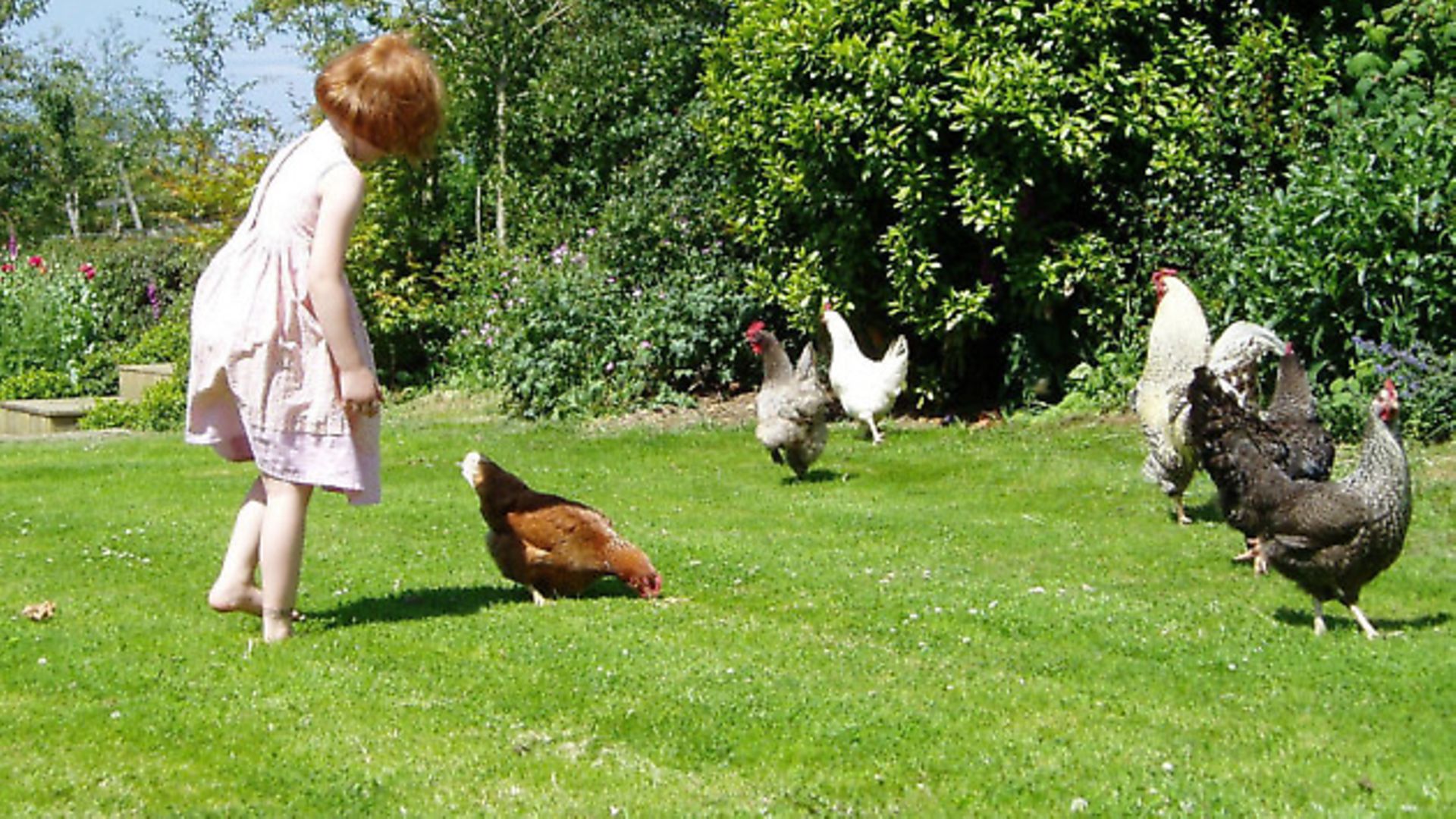Chickens are amazing. Just stop to observe their behaviour says Michelle Dunn

How well do you know your chickens? It’s easy enough to tell one from the other, but can you tell what your chickens are thinking? This is a great time of year to study chickens, because their quiet, winter behaviour is about to change into their more active, spring behaviour. Here are some questions to ask yourself.
What is the pecking order in your flock? Despite its name, this chicken hierarchy can be established with virtually no pecking going on at all. It’s all a mind game. Put some food down and step back. The hens that charge up to the food and get stuck in straight away are at the top of the pecking order. The ones that hang back waiting until the others have finished are at the bottom of the pecking order.
If you have a cockerel, is he a good one? There are two types of cockerel: providers and sneakers. Dominant cockerels tend to be providers. If they find food they will call their hens over to it, and allow them to eat. Sneaky cockerels have no control over the hens or other cockerels. Their only hope of mating is to fool a hen into approaching, so they often pretend to have found food and then jump on the hungry hen when she goes over to investigate.
Are your chickens aware of predators? Chickens in the wild have a range of different alarm calls for different predators, and these vary according to whether the predator is coming from the sky or the ground. Many free-range flocks have similar alarm calls. Do your chickens make an odd groaning sound if the family dog comes too near? Do they call out if a buzzard flies overhead?
Is your flock working together? In a really good flock, the chickens are always together. They will roam about as a group, and when a hen has to go and lay an egg, she will find the group by cackling when she has finished. The cockerel will rush over to her if he is close, or call to her if he is far away. She will rejoin the flock as soon as she can. A hen wandering about on her own can be a sign of illness or bullying.
By now, you are starting to understand your chickens. I hope, like me, you will enjoy learning more about these fascinating, comical animals!
Image(s) provided by:
Archant







